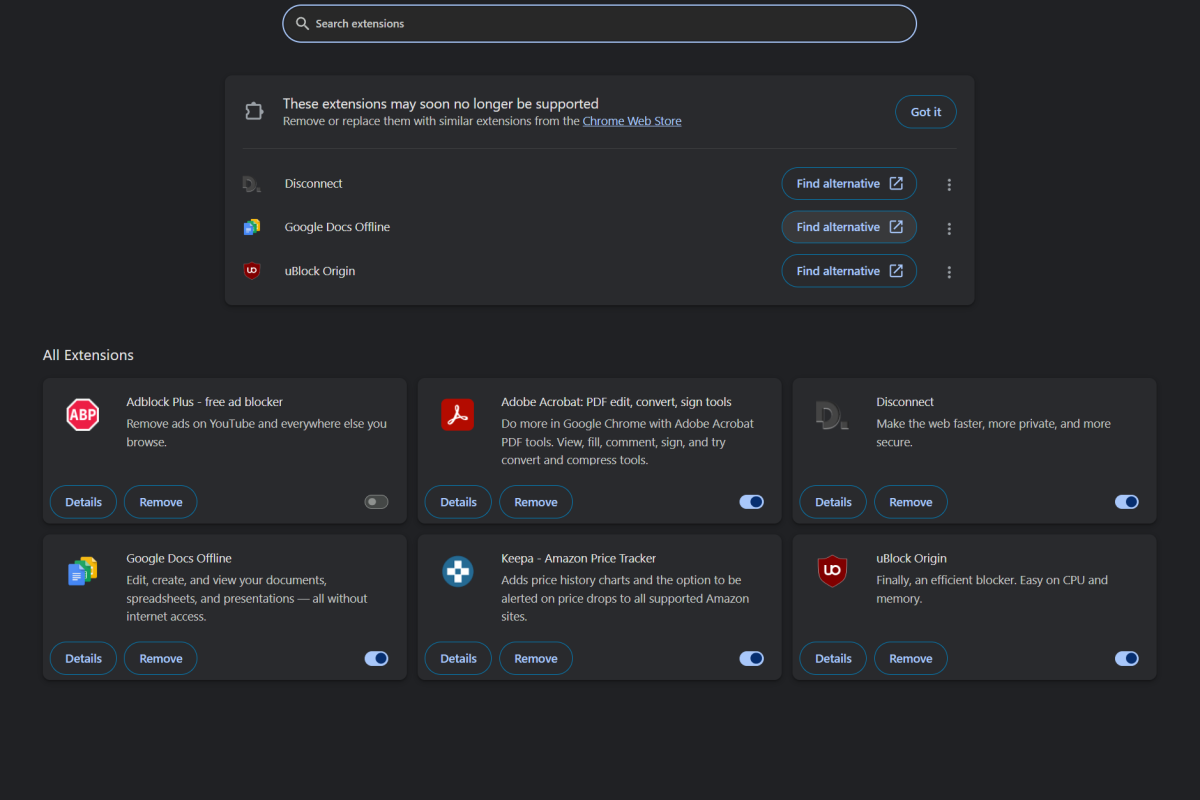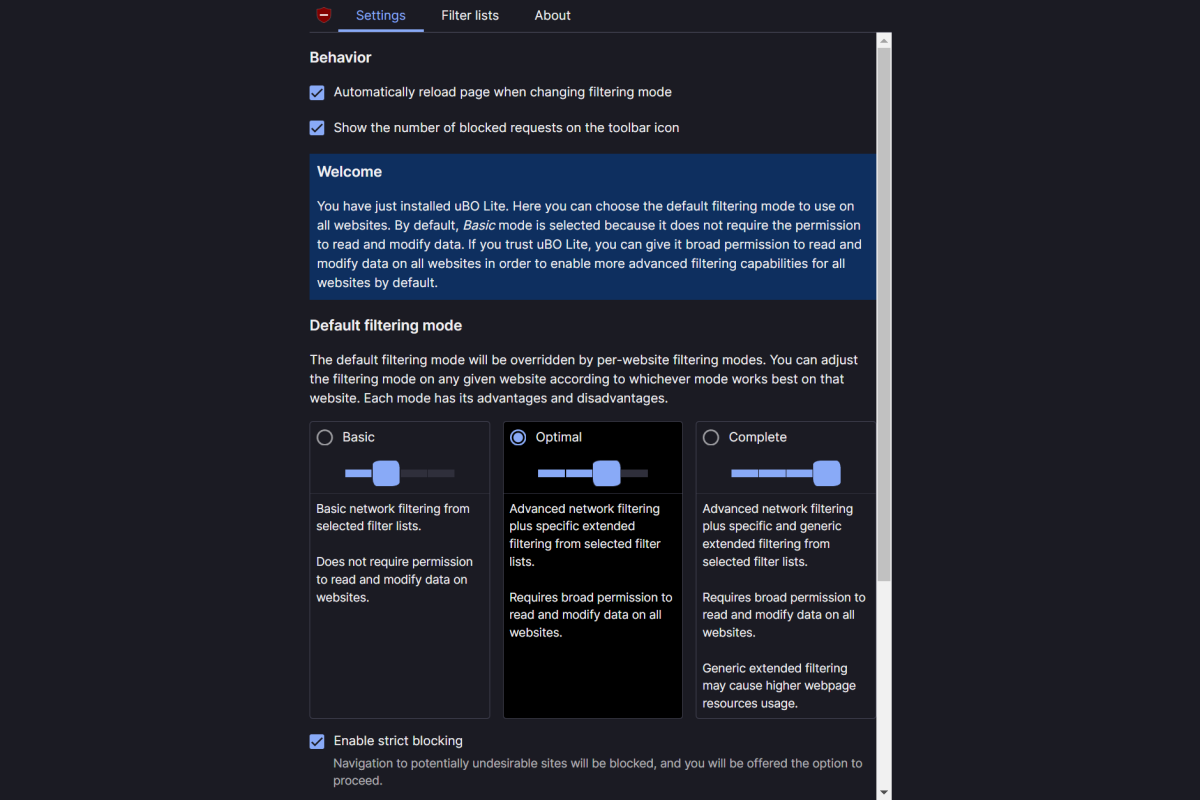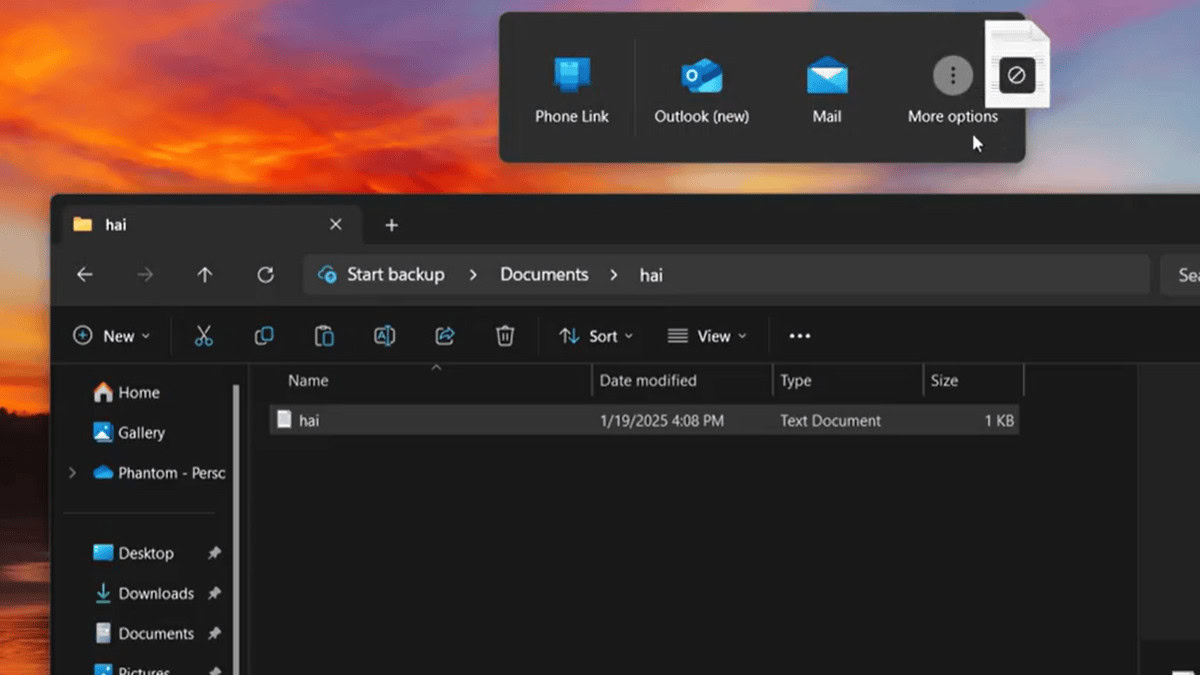uBlock Origin is dead for Chrome, but its successor still lives on
Last year, Google announced changes to its Chrome browser that signaled the end for popular extension uBlock Origin. The ad-blocker’s design put it at odds with Google’s new Manifest v3 requirements, with death as the likely outcome. The Grim Reaper is here now, with Manifest V3’s full implementation all but complete. If uBlock Origin and other extensions haven’t been taken away from you yet, they very soon will be—so it’s time to jump to a viable alternative ASAP. Going without an ad-blocker is a security risk, as rogue ads can push you to phishing sites or spread malware. Google really means it this time.PCWorld Fortunately, good ad-block options still exist. The easiest switch? Hopping over to uBlock Origin Lite instead. Made by the same developer of the original uBlock Origin, you can coax similar performance out of it with a quick hop into its settings. By default, its “Basic” filtering mode requires no permissions and goes lighter on screening. Ratchet up its scrutiny to at least “Optimal” filtering, and if you want to go ham, you can bump it up all the way to “Complete” filtering. One key difference between this Lite version and the original is less custom control over filtering, which can be a harder adjustment for power users. But with these setting tweaks, most users won’t notice much of a difference between the two. The different filtering levels for uBlock Origin Lite.PCWorld Other excellent alternative ad-block extensions exist, too—Ad Guard in particular is favored by my colleague Michael Crider. Meanwhile, AdBlock Plus has a long-storied history of blocking ads on the web. (However, many users switched from ABP after their “Acceptable Ads” program became more known.) Ghostery combines privacy control with ad-blocking, with a very simple, easy-to-understand interface. You can read more about each of these extensions in PCWorld’s rundown of alternative ad-blockers, but there’s also a fifth option: switching to Firefox. It’s the one major browser not based on Chromium, the open-source code powering Chrome and browsers like Opera, Brave, and Vivaldi, etc. Accordingly, the full-fat version of uBlock Origin is still available. In fact, it’s the only version, because Mozilla’s missteps caused the death of uBlock Origin Lite. (Sigh.)

Last year, Google announced changes to its Chrome browser that signaled the end for popular extension uBlock Origin. The ad-blocker’s design put it at odds with Google’s new Manifest v3 requirements, with death as the likely outcome.
The Grim Reaper is here now, with Manifest V3’s full implementation all but complete. If uBlock Origin and other extensions haven’t been taken away from you yet, they very soon will be—so it’s time to jump to a viable alternative ASAP. Going without an ad-blocker is a security risk, as rogue ads can push you to phishing sites or spread malware.

PCWorld
Fortunately, good ad-block options still exist. The easiest switch? Hopping over to uBlock Origin Lite instead. Made by the same developer of the original uBlock Origin, you can coax similar performance out of it with a quick hop into its settings. By default, its “Basic” filtering mode requires no permissions and goes lighter on screening. Ratchet up its scrutiny to at least “Optimal” filtering, and if you want to go ham, you can bump it up all the way to “Complete” filtering.
One key difference between this Lite version and the original is less custom control over filtering, which can be a harder adjustment for power users. But with these setting tweaks, most users won’t notice much of a difference between the two.

PCWorld
Other excellent alternative ad-block extensions exist, too—Ad Guard in particular is favored by my colleague Michael Crider. Meanwhile, AdBlock Plus has a long-storied history of blocking ads on the web. (However, many users switched from ABP after their “Acceptable Ads” program became more known.) Ghostery combines privacy control with ad-blocking, with a very simple, easy-to-understand interface.
You can read more about each of these extensions in PCWorld’s rundown of alternative ad-blockers, but there’s also a fifth option: switching to Firefox. It’s the one major browser not based on Chromium, the open-source code powering Chrome and browsers like Opera, Brave, and Vivaldi, etc. Accordingly, the full-fat version of uBlock Origin is still available. In fact, it’s the only version, because Mozilla’s missteps caused the death of uBlock Origin Lite. (Sigh.)













![From Gas Station to Google with Self-Taught Cloud Engineer Rishab Kumar [Podcast #158]](https://cdn.hashnode.com/res/hashnode/image/upload/v1738339892695/6b303b0a-c99c-4074-b4bd-104f98252c0c.png?#)
































































